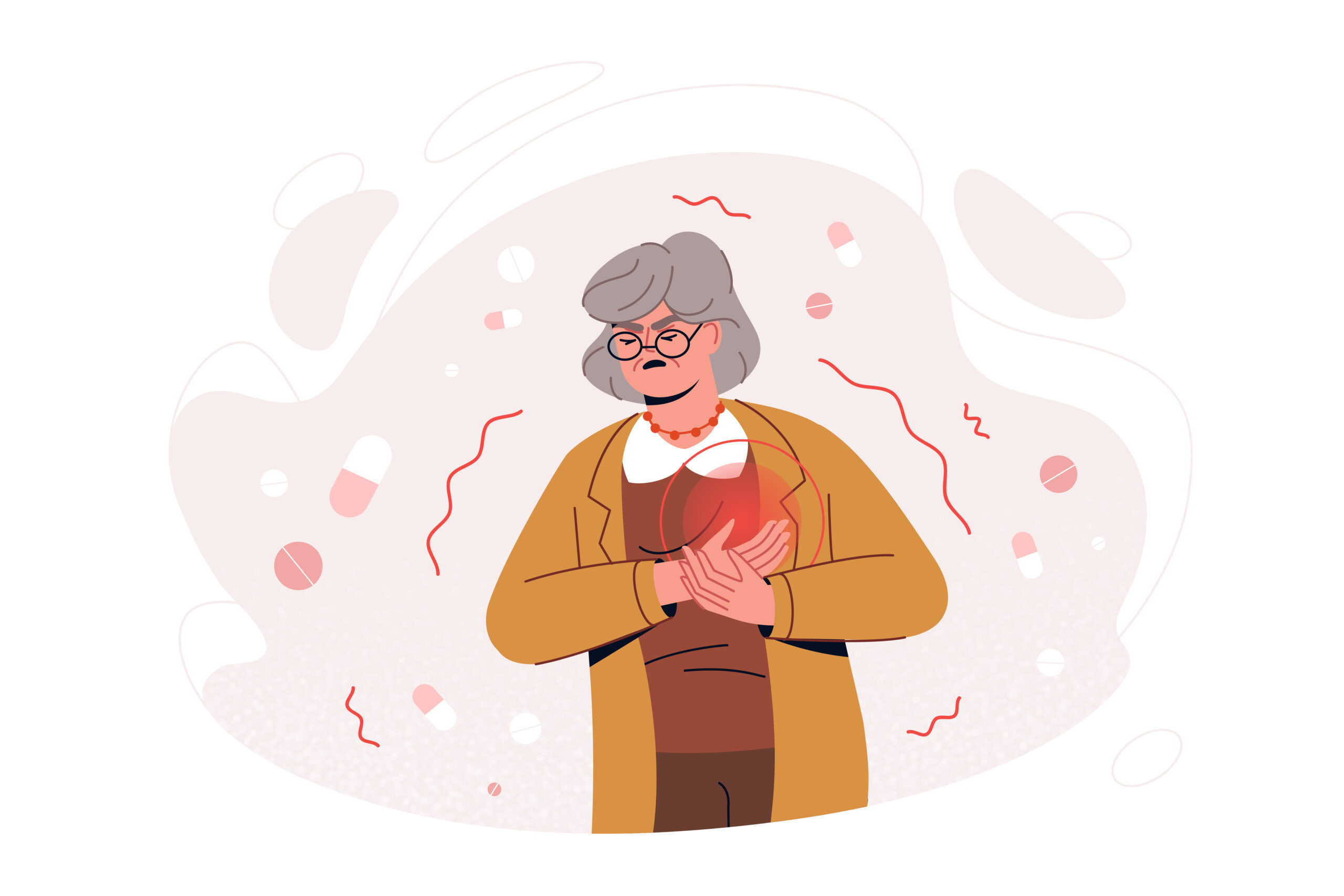Have you ever felt a heart throbbing in the chest? It often happens with heart palpitations.
Heart palpitations are a condition in which you feel like your heart is pounding, racing, and fluttering. They may occur due to various reasons, often not so serious. But sometimes, they can be an indicator of some serious health condition.
If you have a complaint of heart palpitations, you must consult with a healthcare provider. To get an expert opinion, you can visit a cardiologist in Lahore.
Table of Contents
What Are The Causes of Heart Palpitations?
Heart palpitations can occur due to various reasons ranging from something clinical to emotions. When you feel overwhelmed, emotional or nervous, your heart may race up.
The common triggers for heart palpitations can be:
Lifestyle Triggers
Various things we do in our lives can impact us in different ways. Lifestyle factors can play a major role in affecting our health. Heart palpitations can occur due to:
- Doing a strenuous exercise or cardio
- Consuming excess caffeine through tea, coffee, and caffeinated beverages
- Consuming too much alcohol
- Consuming nicotine from tobacco products such as cigarettes and cigars
- Not getting enough sleep
- Not drinking enough water
- Smoking cigarettes
Mental Triggers
How we feel and think impacts our heartbeat. It often happens because of the sympathetic nervous system which regulates the fight and flight response of your body. When you are stressed or nervous, the sympathetic nervous system releases chemicals that cause your heart rate to go up.
Various emotional and psychological triggers can lead to heart palpitations. They can be:
- Panic
- Stress
- Anxiety
- Nervousness
- Shock
Drugs And Medications
Some drugs can affect your heart rate. Most commonly, it includes those which stimulate your central nervous system or are given to treat asthma.
Asthma medications also affect the receptors in your heart, causing their stimulation and your heart rate goes up. However, it settles in some time. But if the complaint remains for a long time and becomes bothersome, you must consult with a healthcare provider.
Medications that may cause heart palpitations are:
- Cough and cold medications, as they often contain pseudoephedrine- a central nervous system stimulant.
- Herbal and nutritional supplement
- Asthma inhalers and tablets
- Decongestants
- Cocaine and amphetamines- the CNS stimulants
Heart Conditions
Often palpitations get better on their own. But sometimes, when they remain for a long time, you must get yourself evaluated as it can be an indication of some serious heart health condition.
You may have palpitations because of the following heart conditions:
- Congestive heart failure
- Valvular heart disease
- Arrhythmias
Anemia
Anemia is a condition when your blood lacks enough healthy red blood cells- that perform the function of carrying oxygen to various parts of your body.
When your organs do not get enough oxygen, your heart has to pump blood vigorously to meet their demands. Due to this reason, you feel like your heart is pounding in the chest.
If you have anemia, you may have a complaint of palpitations, especially after eating a heavy meal or physical activity.
Hyperthyroidism
Your thyroid hormones regulate various bodily functions. When there is too much of them in your blood- the condition is known as hyperthyroidism. Along with various other symptoms, a common symptom it may cause is increased heart rate and tachycardia.
Fever
Fever occurs due to an inflammatory response in your body, often due to macrophages. Infections and fever can cause your heart rate to go up and palpitations too.
Electrolyte Abnormalities
The electrolytes in your body play an essential role in regulating the heart rhythm. When there is any abnormality in their levels, you may get arrhythmias- a life-threatening condition.
Your electrolyte levels have a serious effect on your health. They may get altered due to medications, such as corticosteroids, asthma medications, blood pressure medications, diuretics, and health conditions such as dehydration.
The Bottom Line
Heart palpitations can occur due to various reasons. Some can be non-serious and may settle on their own. But sometimes, it can be due to some serious underlying health condition.
If you have a complaint of heart palpitations, you must seek professional help. To get an expert opinion, you can consult with a cardiologist in Karachi.












